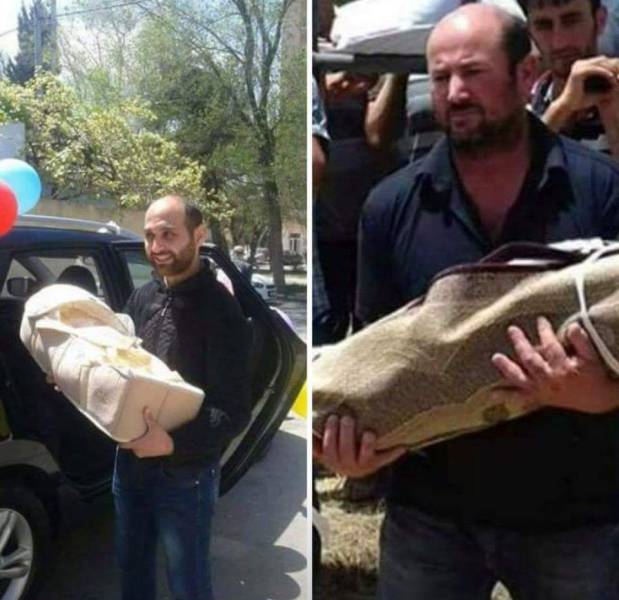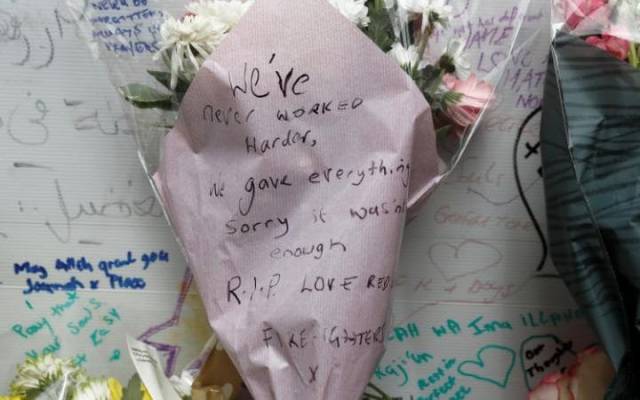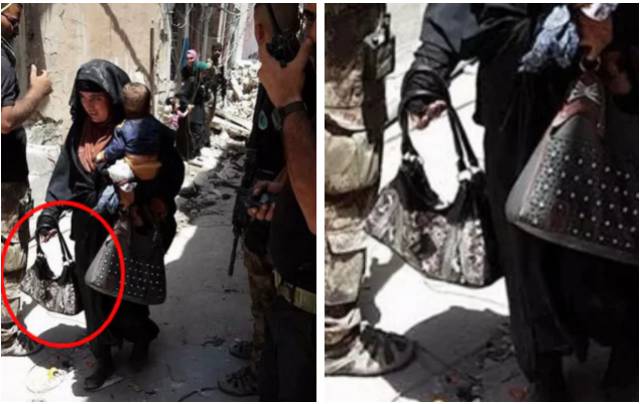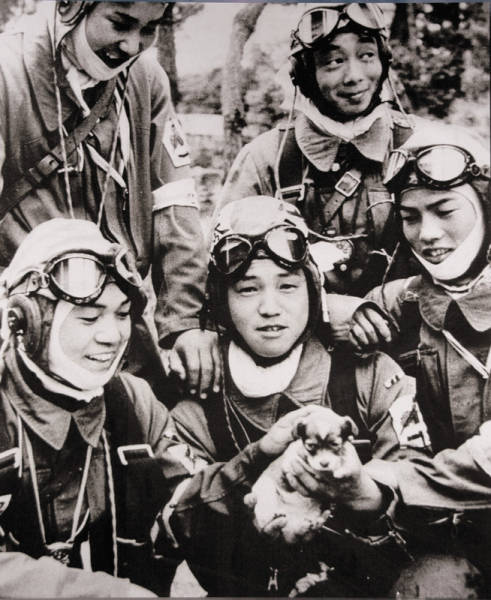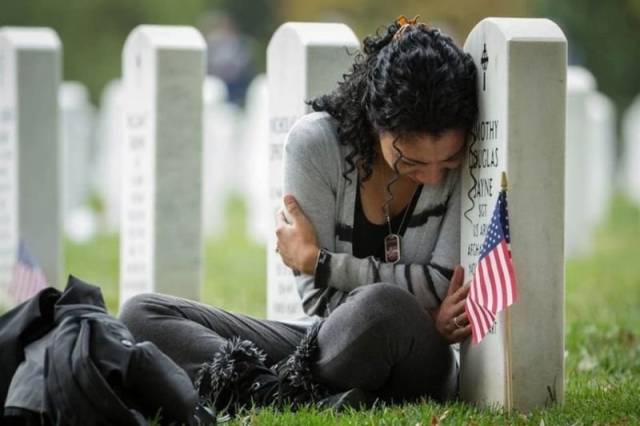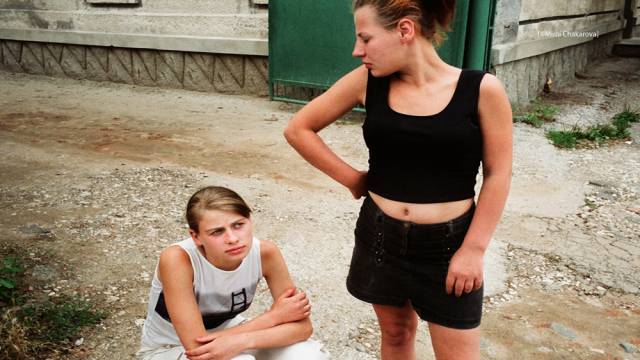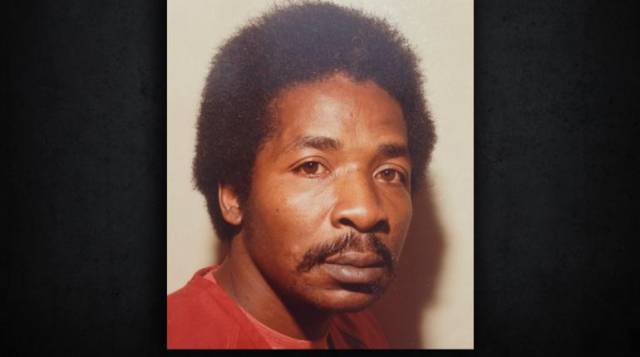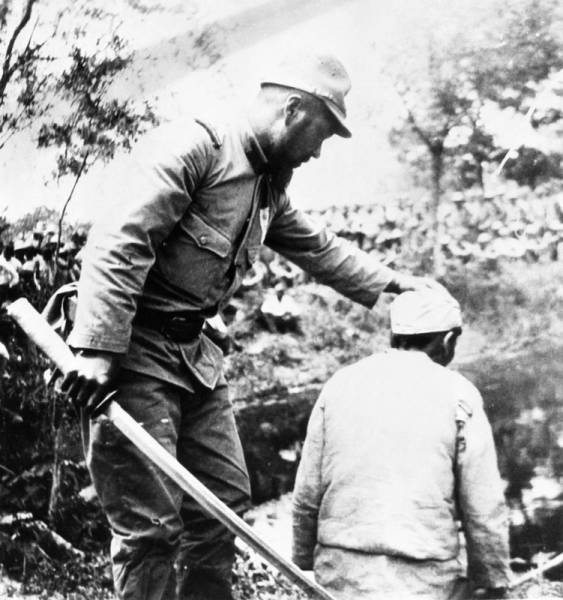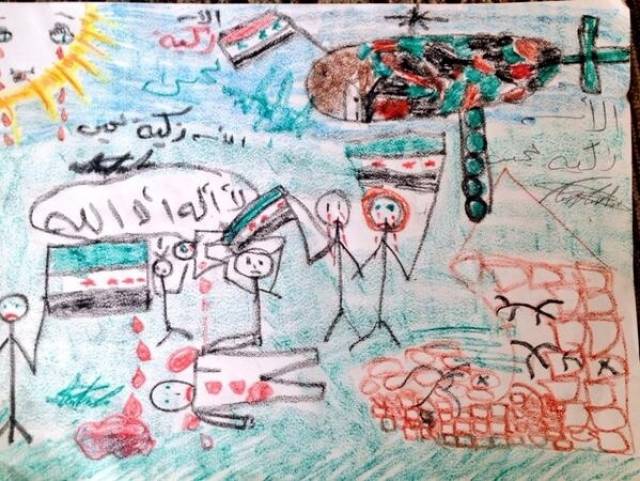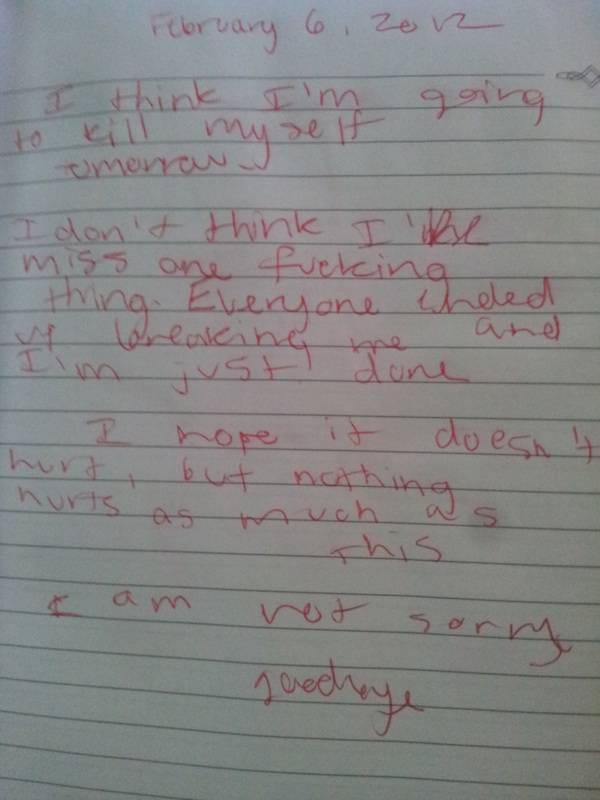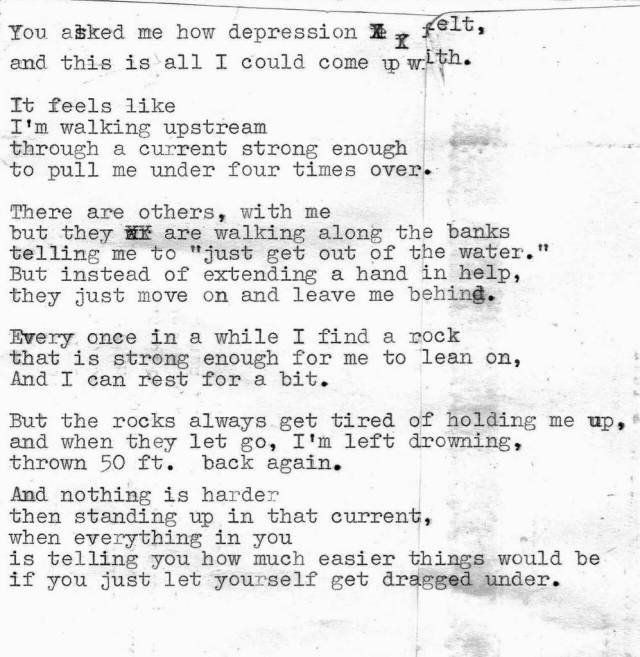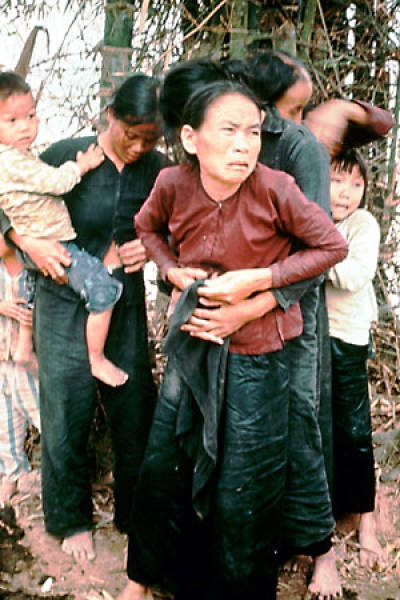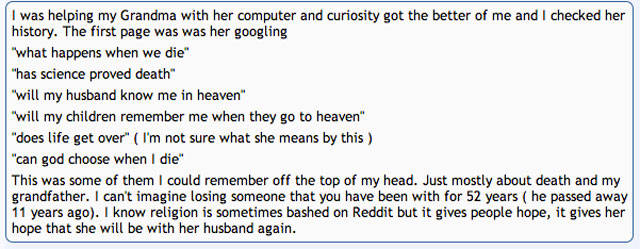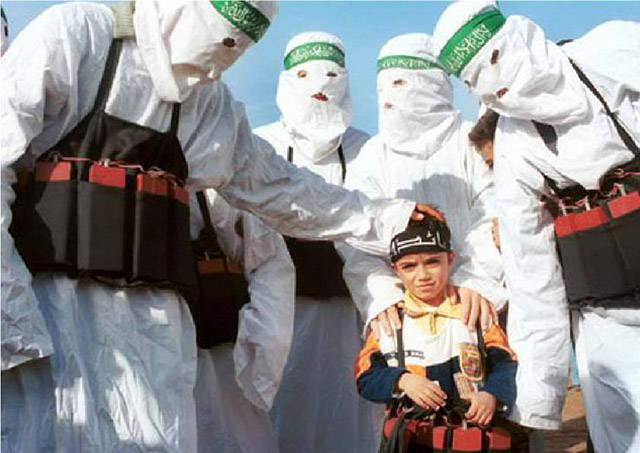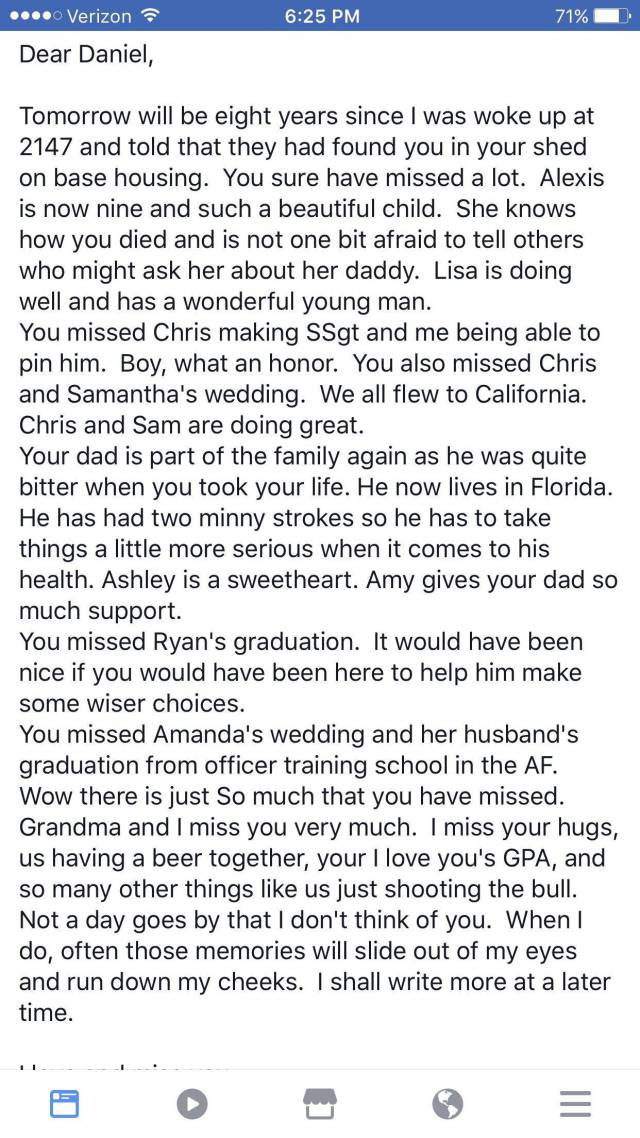Couple carries baby without brain to term, in order to donate organs
In December, my wife Keri and I went in for the standard 19-week anatomy scan of our second child. As a parent, you think that appointment is all about finding out boy or girl, but it’s about a whole lot more. In our case, our daughter was diagnosed with a rare birth defect called anencephaly. Some three in 10,000 pregnancies rare. Congratulations to us. The phrase our doctor used in explaining it was “incompatible with life,” which looks as terrible in words as it sounds. The child fails to develop the frontal lobe of the brain, or the top of their skull. The chance of survival is literal zero percent. If you’re Googling it now — first of all, don’t click images — and see a story about a baby that has lived a lengthy time with anencephaly, either the baby doesn’t actually have anencephaly, or it’s being kept alive with every life support function possible. So we sat in a doctor’s office, five months before our daughter was set to be born, knowing she would die.
The options weren’t great. There was a) inducing early, which in effect was terminating the pregnancy or b) continuing the pregnancy to full-term. Maybe you heard our story already, but within a minute or so of finding out, Keri asked if we could donate the baby’s organs if we went to full-term. It was on her heart and mind, but we left the doctor and still spent the next 48 hours deciding what we were going to do. It was excruciating. We considered terminating. We had to. Were we capable of taking on the weight of the 20 weeks ahead? In our minds, we were intentionally taking on the loss of a child, rather than the loss of a pregnancy. And yes, there is a difference.
We decided to continue, and chose the name Eva for our girl, which means “giver of life.” The mission was simple: Get Eva to full-term, welcome her into this world to die, and let her give the gift of life to some other hurting family.
This woman stabbed her entire family not even 48 hours ago…killing all of them except a 9 year old girl who survived her stab wounds
The day he brought her home the first time and the day he carried her coffin out after 18 monthes. Father of a toddler who was killed as a result of shelling in Azerbaijan.
A 31-year-old San Antonio man, Anthony Garay, was arrested Wednesday after a relative was allegedly caught at school searching for pornography so that she could learn about what he was doing to her at night
The abuse came to light on May 16, when a teacher at Elm Creek Elementary caught one of the victims searching for pornography on a school-issued iPad, according to documents.
When the teacher asked the girl why she was searching for pornography, the child told her that she was searching for what was being done to her at night. She said Garay sexually assaults her “all the time at night” and never lets her sleep.
The teacher contacted Child Protective Services, and an investigator was sent to the school to interview the child. The girl told the investigator that Garay had sexually abused her from at least the age of 8, and that the abuse occurred in her home
Tribute from members of London Fire Brigade’s ‘Red Watch’ to victims of the Grenfell Tower fire
Kamikaze pilots (age 17-19) pose with a puppy a day before their suicide missions
Photo shows Corporal Yukio Araki (age 17 years old) holding a puppy with four other young men (age 18 and 19 years old) of the 72nd Shinbu Corps. An Asahi Shimbun cameraman took this photo on the day before the departure of the 72nd Shinbu Corps from Bansei Air Base for their kamikaze mission in Okinawa.
Yukio Araki became the youngest kamikaze pilot during the Second World War when, at the age of seventeen, he took off from the Bansei Airfield, Kagoshima in a Tachikawa Ki-54 twin-engine training aircraft on 27 May 1945. It has been speculated that his plane was one of two that struck the destroyer USS Braine (DD-630), killing 66 of its crew; however, the ship did not sink. Araki had been home in April 1945, and left letters for his family, to be opened upon the news of his death. The letter to his parents noted: “Please find pleasure in your desire for my loyalty to the Emperor and devotion to parents. I have no regrets. I just go forward on my path”.
Ceremonies were carried out before kamikaze pilots departed on their final mission. The Kamikaze shared ceremonial cups of sake or water known as “mizu no sakazuki”. Many Army officer Kamikaze took their swords with them, while the Navy pilots (as a general rule) did not carry swords in their planes. The kamikaze, like all Japanese aviators flying over unfriendly territory, were issued (or purchased, if they were officers) a Nambu pistol with which to end their lives if they risked being captured. Like all Army and Navy servicemen, the Kamikaze would wear their senninbari, a “belt of a thousand stitches” given to them by their mothers. They also composed and read a death poem, a tradition stemming from the samurai, who did it before committing seppuku. Pilots carried prayers from their families and were given military decorations. The Kamikaze were escorted by other pilots whose function was to protect the Kamikaze to their destination and report on the results.
A widow leans on her husband’s headstone on the day before their wedding anniversary on 16th October, 2013.
Nurses after a patient suffers a miscarriage
ER Doctor after losing a 19-year old patient
A Facebook suicide note of a transgender woman to her friends and the world with her friend’s responses.
Natasha and her younger sister were trafficked to Turkey. “The madam in Istanbul sold us for medicine and a pair of sneakers. Sometimes they [the clients] are dirty and smell of sweat. You have no choice.”
Man spends 30 years on Louisiana death row for a crime he did not commit; exonerated and released with no compensation other than a $20 gift card. Dies a few months after release from cancer
A Japanese executioner tells a Chinese prisoner how to hold his head for a quick decapitation during the Nanking Massacre, China, 1938.
A 10 year old girl in Syria draws what it looked like in her village
The last entry of a girl’s diary
A letter about depression
Vietnamese villagers, including children, huddle in terror moments before being killed by American troops at My Lai, Vietnam, March 16, 1968
Man pays $350 to cuddle a girl for 4 hours
An 83 year old’s browser history
Child suicide bombers: “They told us the bombs would not kill us, only the Americans would die and you can come back to us”
Afghan boy suicide bombers tell how they are brainwashed into believing they will survive
The mission was as simple as touching two wires together, the little boy was promised. The resulting blast would obliterate the American infidels — but God would spare him from the flame and shrapnel. Abdul Samat would be unharmed and free to run back to the men who had fitted his bomb vest.
Blindfolded and rigged with his explosive payload, the boy, who was about 13, was driven to his target in the Afghan city of Kandahar, after being plucked from the streets of Quetta in neighbouring Pakistan. Minutes before he was due to execute the attack, however, Abdul realised the lies of his recruiters seeking to turn him into a human bomb.
“When I opened my eyes, I saw it was a very black thing they wanted me to do,” he later recalled.
“I began to cry and shout. People came out of their houses and asked what was wrong. I showed them I had something in my vest. Then they were scared too and called the police who took the bombs off me.”
Afghan security officials say that Abdul’s story is not unusual. In the past year, insurgents have used a wave of child suicide bombers, some as young as 10, on the ruthless assumption that small boys can pass through checkpoints and security cordons more easily than men.
A senior Afghan intelligence official estimated that more than 100 had been intercepted in the past 12 months, including 20 from the Kandahar area in the south. The insurgents seek to exploit the innocence of their recruits and turn it into a weapon.
8 years after soldier took his life



